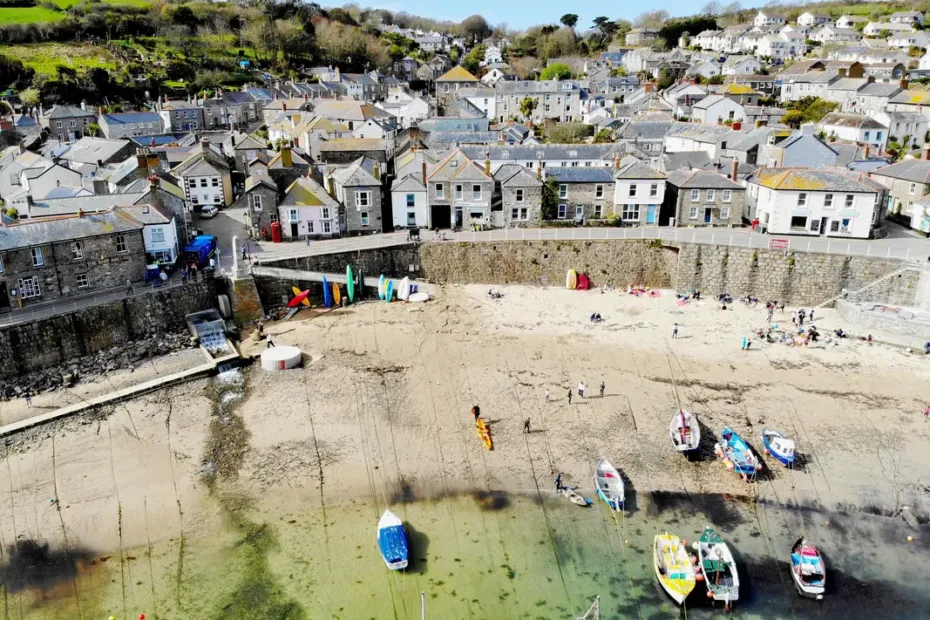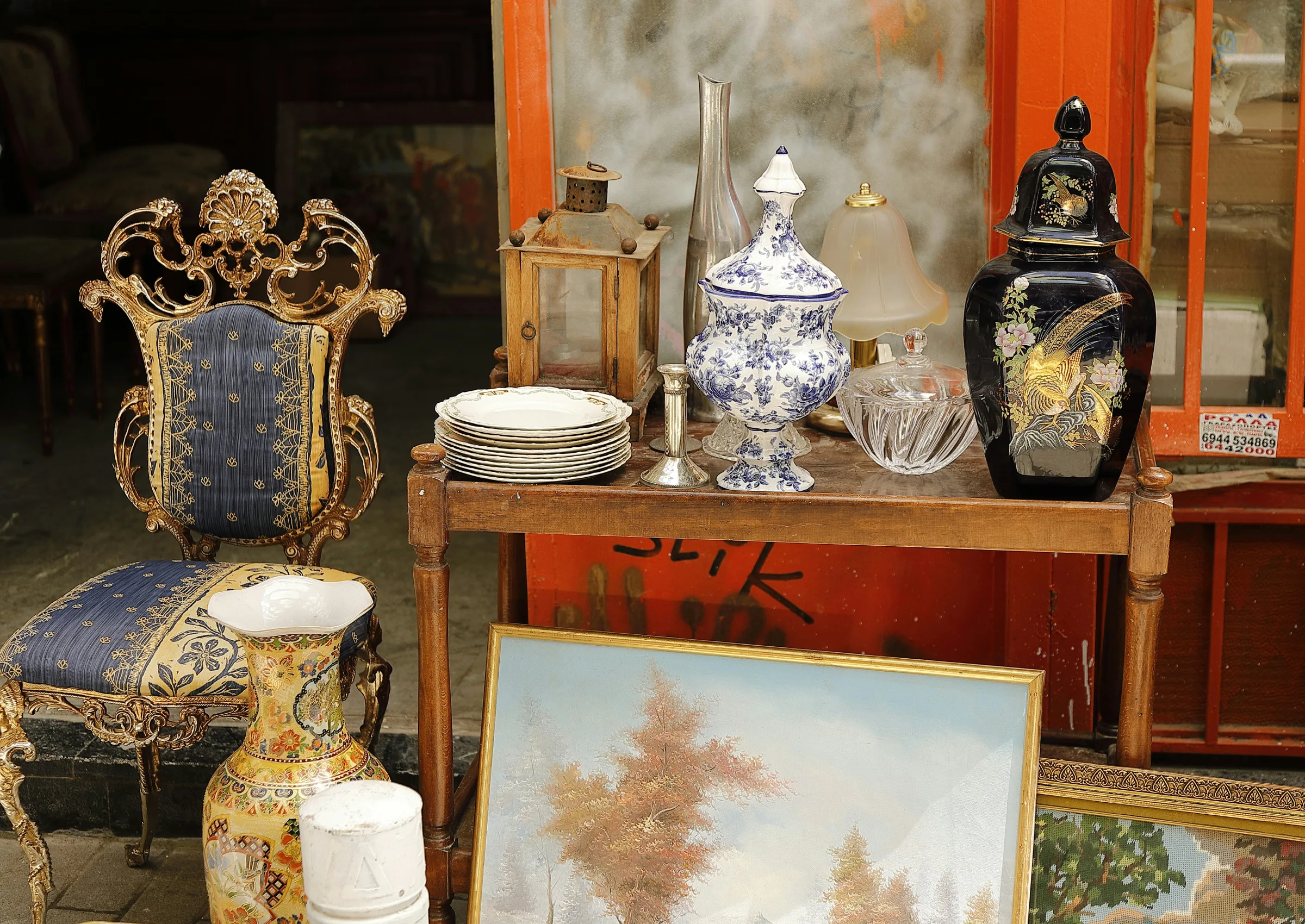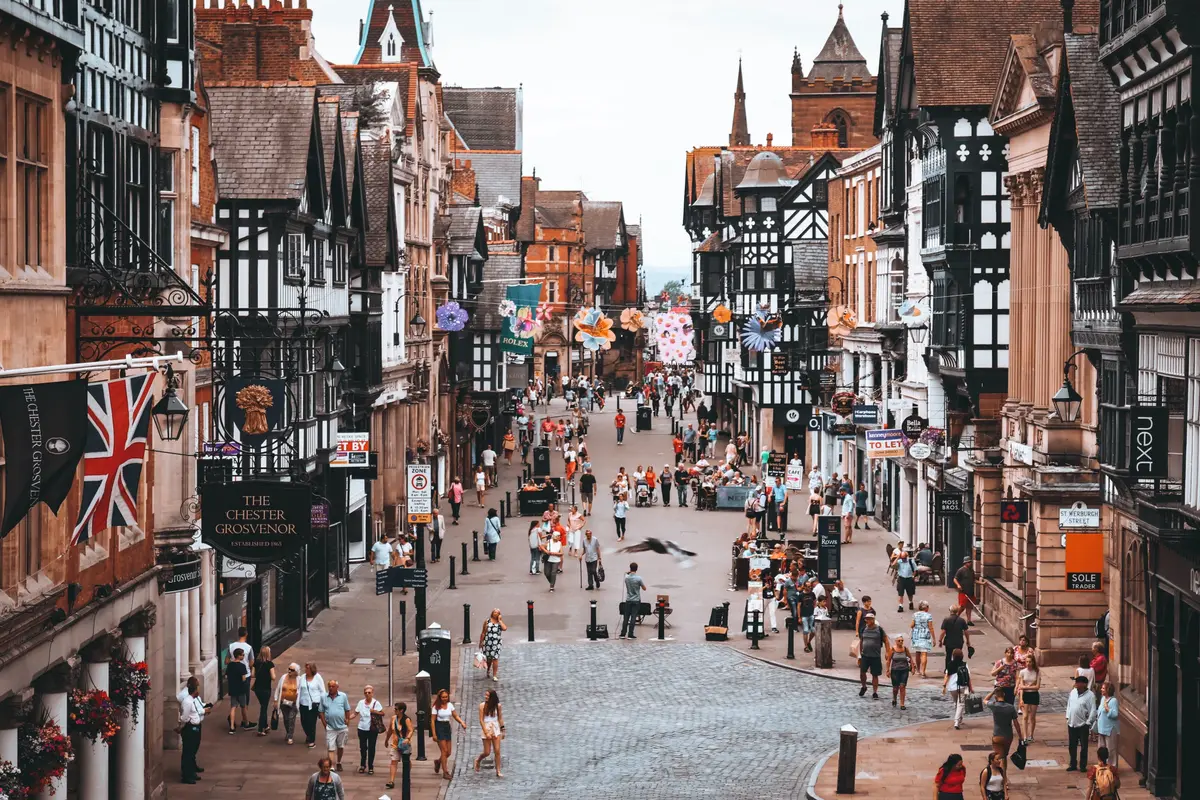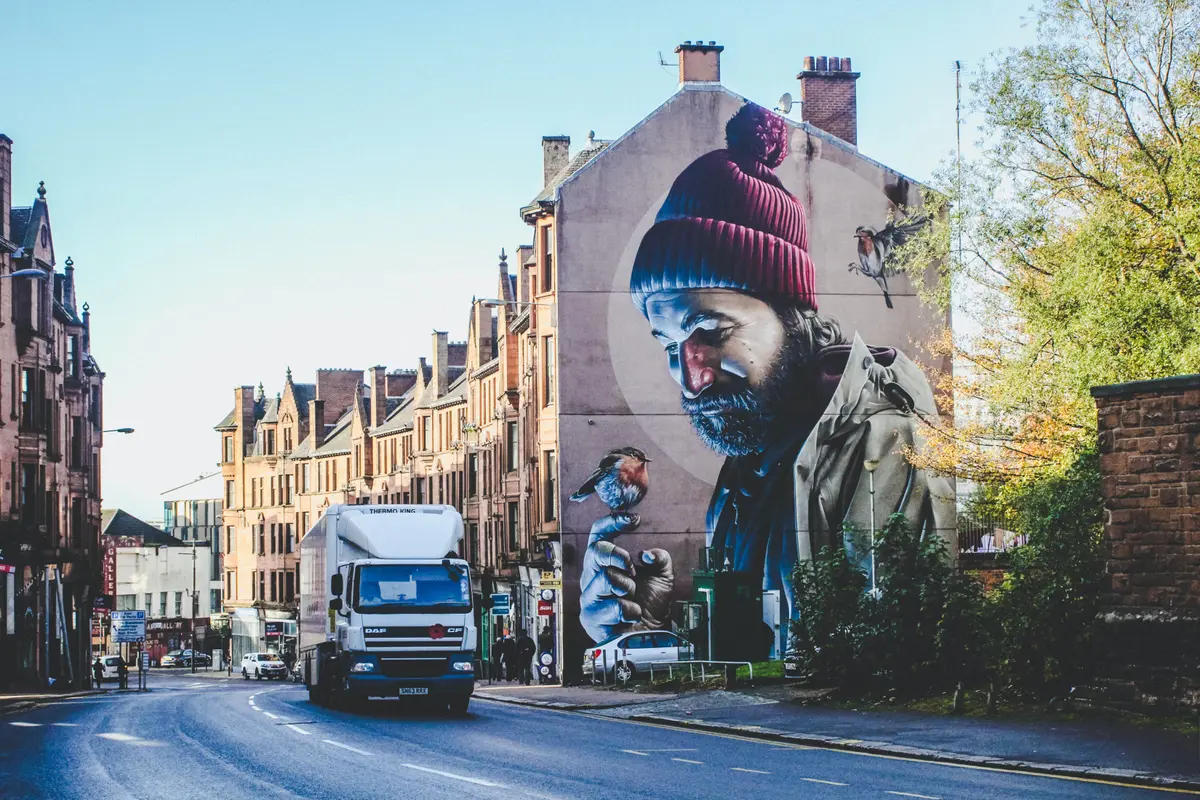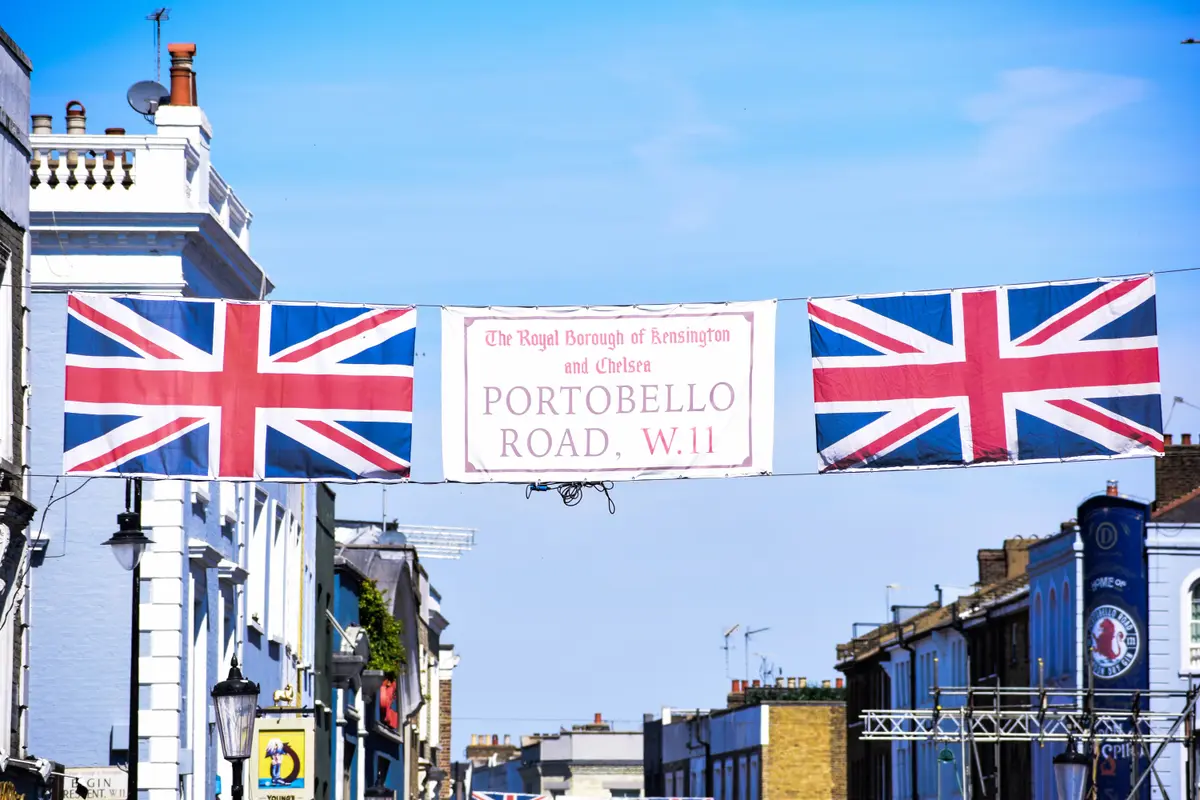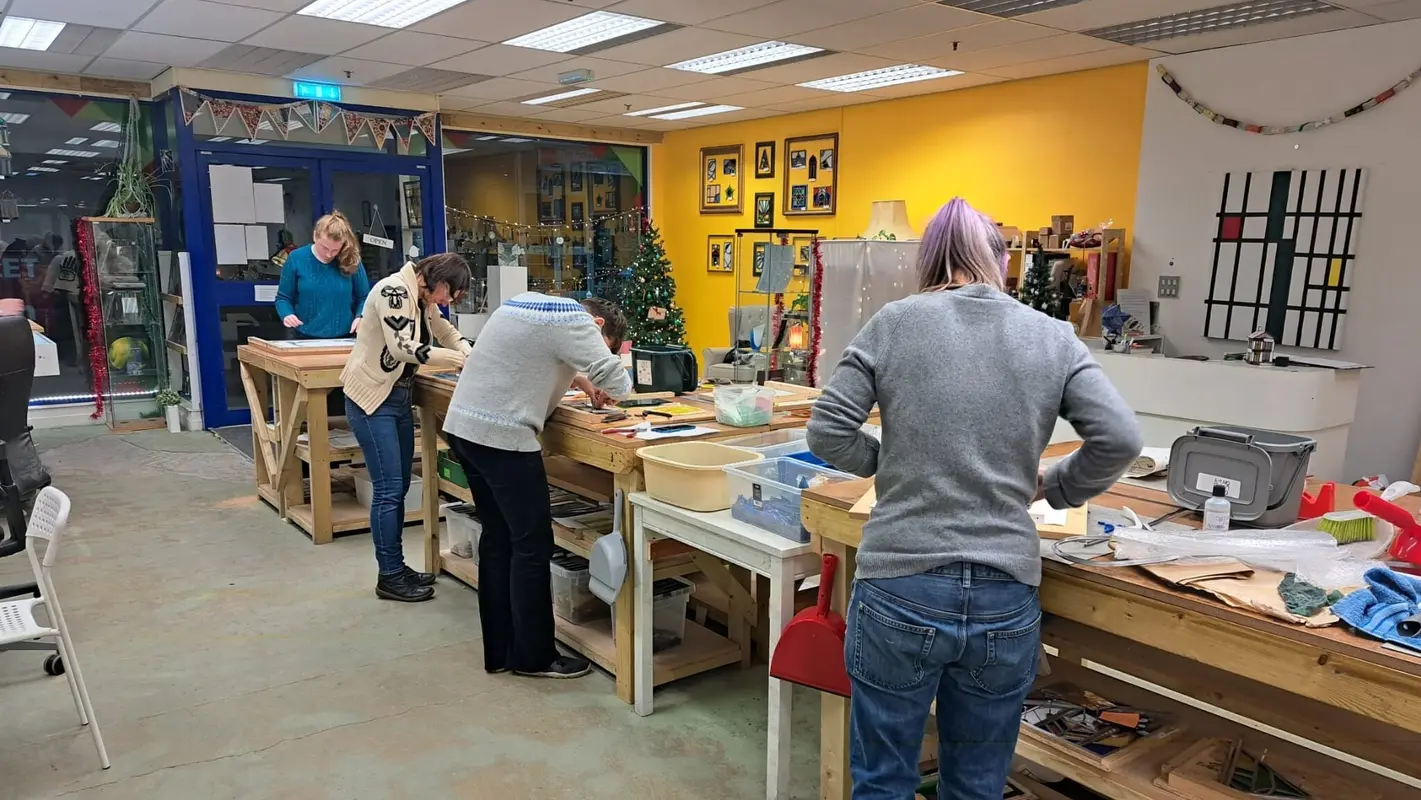Read our four page policy brief for key recommendations based on this research:
Insights for Policymakers: Creative Industries Innovation in Seaside Resorts and Country Towns
______________________________________________
The creative industries in Devon and Cornwall have proven themselves to be agile and resilient during the Covid-19 pandemic. The creative SMEs included in this study were often relatively small, and had diverse portfolios, meaning they were quickly able to adapt to changing working conditions.
In addition to this, changing working practices as a result of the pandemic largely benefitted those rural and dispersed creative SMEs we spoke with. In particular, the increased ease with working remotely and online, opened creative SMEs in Devon and Cornwall to new clients, talent and creative opportunities.
However, the creative industries in Devon and Cornwall, like many other rural UK areas, are according to the report authors in need of investment in infrastructure in order that they might scale-up, innovate and grow. This report has been a part of making the case for increased investment that recognises the distinctive position of geographically dispersed, rural creative industries SMEs in the UK, who face unique challenges to their growth and innovation. The report also points to the need for more support for such regions in terms of access to skills, transport links and coordinated Creative Industry networks.
This research was commissioned by the AHRC- funded Creative Industries Policy and Evidence Centre (PEC) from the The Centre for Intermedia and Creative Technology (CICT) at University of Exeter.
Related Discussion Papers
Demand for Creativity and AI Skills in the Post-ChatGPT Labour Market
This study examines the evolving relationship between employer demand for creativity and AI skills i…
Regional Trade Agreements, Cultural Provisions and Trade in Cultural Goods
Analysing the impact of Regional Trade Agreements on the bilateral trade of cultural goods from 1999…
International Trade Challenges and the Effectiveness of Support Measures for the UK’s Creative Industries
The formidable challenges confronting the UK’s creative industries in the realm of exports, st…
Northern England’s Creative Industries
The Creative Industries are already a driver of growth across the UK economy. Export-intensive and m…
Creative Destruction? Creative firms, workers and residential gentrification
A new study by Tasos Kitsos, Max Nathan, and Diana Gutierrez-Posada finds only a minor influence of …
Speaking with One Voice
A fundamental remit of the BBC, and other public service broadcasters (PSBs) like ITV and Channel 4,…
Transitioning to Sustainable Production across the UK Theatre Sector
This discussion paper examines transitional pathways to sustainable theatre production in the UK. By…
Identifying and analysing UK fashion micro-clusters
The UK’s Fashion and Textiles industry contributed almost £20 billion to the UK economy in 202…
Net Zero as a catalyst in fashion micro and small enterprises
This report identifies examples of work taking place across three levels of change – social, e…
The Motives of Inbound Foreign Direct Investors in the UK Creative Industries
The UK’s creative industries have a global reach. British arts, technology, and design are internati…
Brexit uncertainty and international trade in services: Evidence from the UK creative industries 2014-2019
This discussion paper is based on one of the first studies to look at the impact of Brexit on the Cr…
Working Together – Cooperatives as a creative industry business model
This authors looks at how creative workers and students typically understand cooperatives, explore t…
